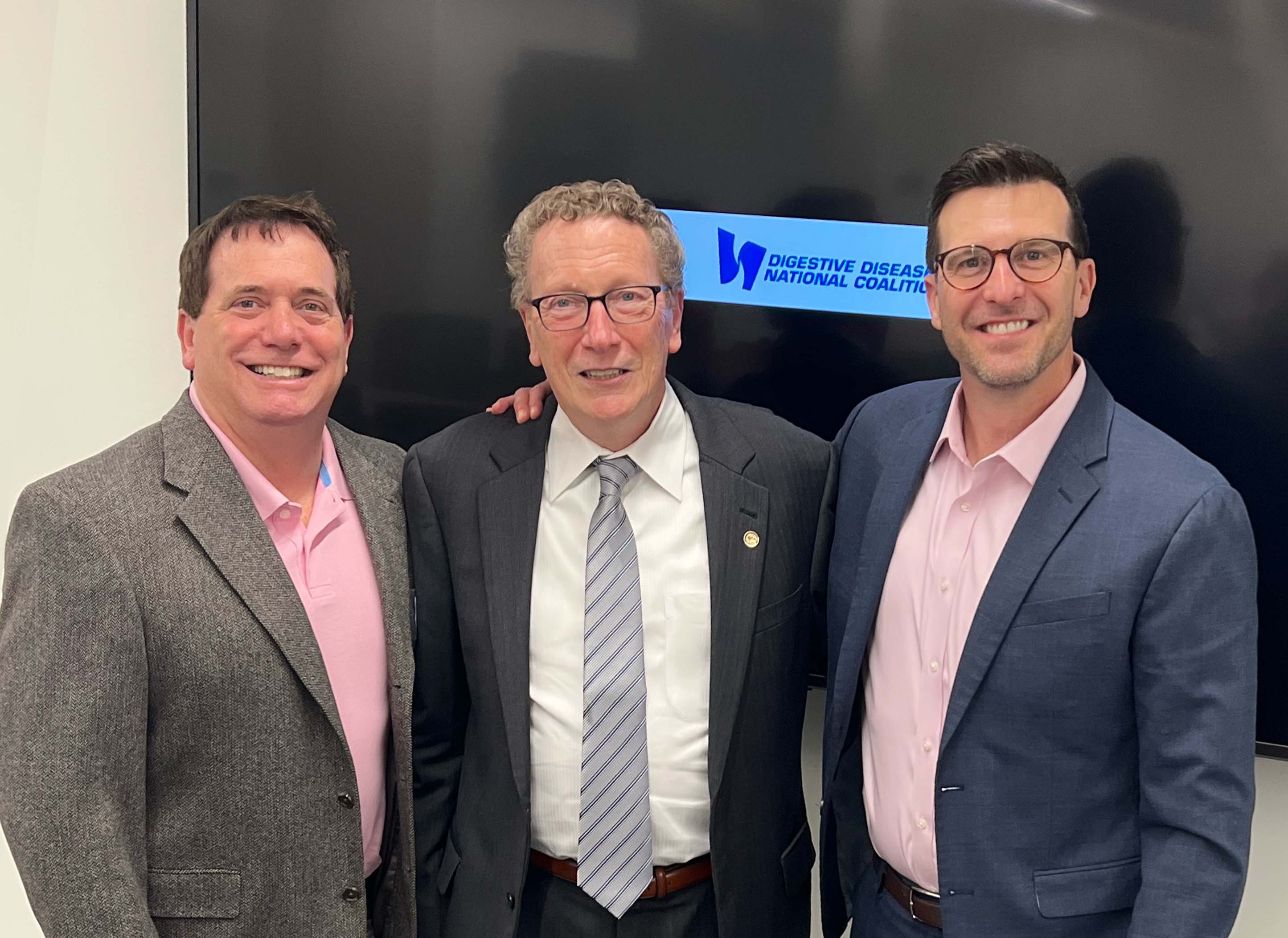
By Michael Reilly, Executive Director, Alliance for Safe Biologic Medicines (ASBM)
ASBM recently submitted comments to the Centers for Medicare & Medicaid Services (CMS) on the proposed Medicare Drug Price Negotiation Plan. Under this plan – authorized by the Inflation Reduction Act (IRA) signed in to law last year – Medicare will “negotiate” (set) maximum fair prices (MFPs) for many expensive medications. Having served in the Department of Health and Human Services’ Office of the Secretary from 2002-2008, including two years as Associate Deputy HHS Secretary, I participated in the development and implementation of Medicare Part D, the program’s prescription drug benefit. During its development, the idea of drug price negotiation was considered- and rejected- for many of the reasons we outline in our comments. Simply put, while it can generate short-term savings, it also creates problems in the long-term that need to be addressed.
ASBM’s comments highlight several concerns about the proposed plan and the process through which it is being implemented. These fall broadly into two categories: substantive concerns about the policy itself, and process issues surrounding the implementation of such a major undertaking with minimal stakeholder input.
First, the policy itself has built-in-problems. Historical evidence has shown that government-negotiated drug pricing has often undermined innovation, and ironically limited rather than expanded patient access to treatments. For example:
- In the 1970s, European companies developed most new drugs; however, since the implementation of price controls in Europe, 60% of new drugs are currently developed in the US, compared to 13% in Switzerland, 8% in the United Kingdom (UK), and 6% in Germany and France.[1]
- Of cancer medicines launched globally between 2011 and 2019, more than 96% are available to US patients while only 65% are available in other developed nations such as Australia, Japan and the UK.2 Furthermore, cancer death rates per 100,000 are 1.6 to 1.8 times higher in Europe than those in the US.3
- Of new cancer medications, 90% are available to US patients within the first year of launch, whereas less than half of these are available to cancer patients in Germany, the UK, France, and Canada.4
Medicare Part D’s high satisfaction rate (90%)5 demonstrates the program’s success in providing affordable and accessible medications to seniors. Price controls, as proposed in the negotiation plan, may jeopardize this success. The proposed plan may also negatively impact the development and adoption of lower-cost biosimilars, which are currently providing more affordable treatment options for patients, generating $21 billion in savings over the last six years alone.
Finally, those who will ultimately be most affected by the policy- particularly patients and physicians- have largely been cut out of the implementation discussions. CMS is not following the typical notice-and-comment requirements of the Administrative Procedure Act or the Medicare statute, offering instead this assessment: “CMS finds that notice and public procedure on this guidance would be impracticable, unnecessary, and contrary to the public interest”. Instead, CMS allowed only a short 30-day comment period and permitted input only on certain provisions.
To undertake such a major change to the Medicare program outside of the notice-and-comment period is highly unusual and runs counter to long-established administrative procedures. Unfortunately, rushed policy made absent stakeholder input rarely results in good policy.
Throughout 2023, ASBM will continue to educate patients, healthcare providers, and other stakeholders about these issues with the Medicare Drug Price Negotiation Plan and several other IRA healthcare provisions which will affect the patient community. In the meantime, I encourage you to read our comments here.
[1] “Europe negotiates a poor vaccine rollout”; Forbes, April 2021
2 IQVIA Analytics, FDA, EMA, PMDA, and TGA data. New active substances approved by at least one of these regulatory agencies and first launched in any country from January 1, 2011 to December 31, 2019; June 2020.
3 “Democrat plan on drug costs will stifle innovation”, San Antonio Express-News, May 12, 2021
4 IQVIA Analytics, FDA, EMA, PMDA, TGA, &w3 Health Canada data, April 2021.
5 * https://www.hlc.org/post/medicare-part-d-the-successes-and-the-challenges/

